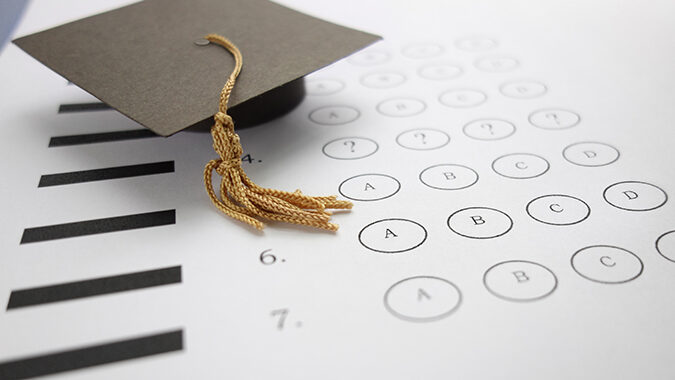NJBIA testified on Thursday against legislation that would permanently eliminate the requirement that high school students pass a standardized test to earn their diploma, saying it could weaken the quality of New Jersey's K-12 public education system.
While acknowledging concerns regarding the educational impact the COVID-19 pandemic has had on students, NJBIA Vice President of Government Affairs Althea D. Ford told the Assembly Education Committee that the state should not be reducing higher standards, transparency and accountability within its successful education system.
“From a business community’s perspective, the high performance of our schools contributes immensely to our workforce development pipeline and aids in attracting prospective businesses and employees to our state,” Ford told the committee in written testimony.
“To accompany this investment and demonstrated quality, it is entirely appropriate and necessary for good education policy to promote data transparency, accountability, and higher standards within our successful education system. Our high school graduation test is an important component of that accountability and those standards.”
New Jersey typically requires students pass a standardized test in 11th grade in order to graduate.
Ford, however, said data from the testing would allow school districts to better diagnose and target any deficiencies in educating its students, while gauging “the school’s effectiveness in educating specific school population subgroups, such as limited-English students, students of color, special education students and/or low-income students.”
“Additionally, it allows parents and school communities to hold schools accountable for such,” Ford said. “This data is even more critical after the COVID-19 learning loss, as we need to assess the impact that the pandemic had on our schools and children. Any weakening of our testing policy could weaken the accountability and quality within our K-12 education system.”
Ford added that removal of the state testing requirements could reduce standards of New Jersey’s workforce overall.
“The current system and its tests set a statewide minimum standard for all schools while still allowing the portfolio option for some students to demonstrate proficiency,” Ford said. “Any weakening of our high school testing policy could lead to lower standards for what it means to graduate high school.”
The committee voted to release A-4639, which now advances to the full Assembly for consideration.
To see Ford’s full written testimony, click here.




